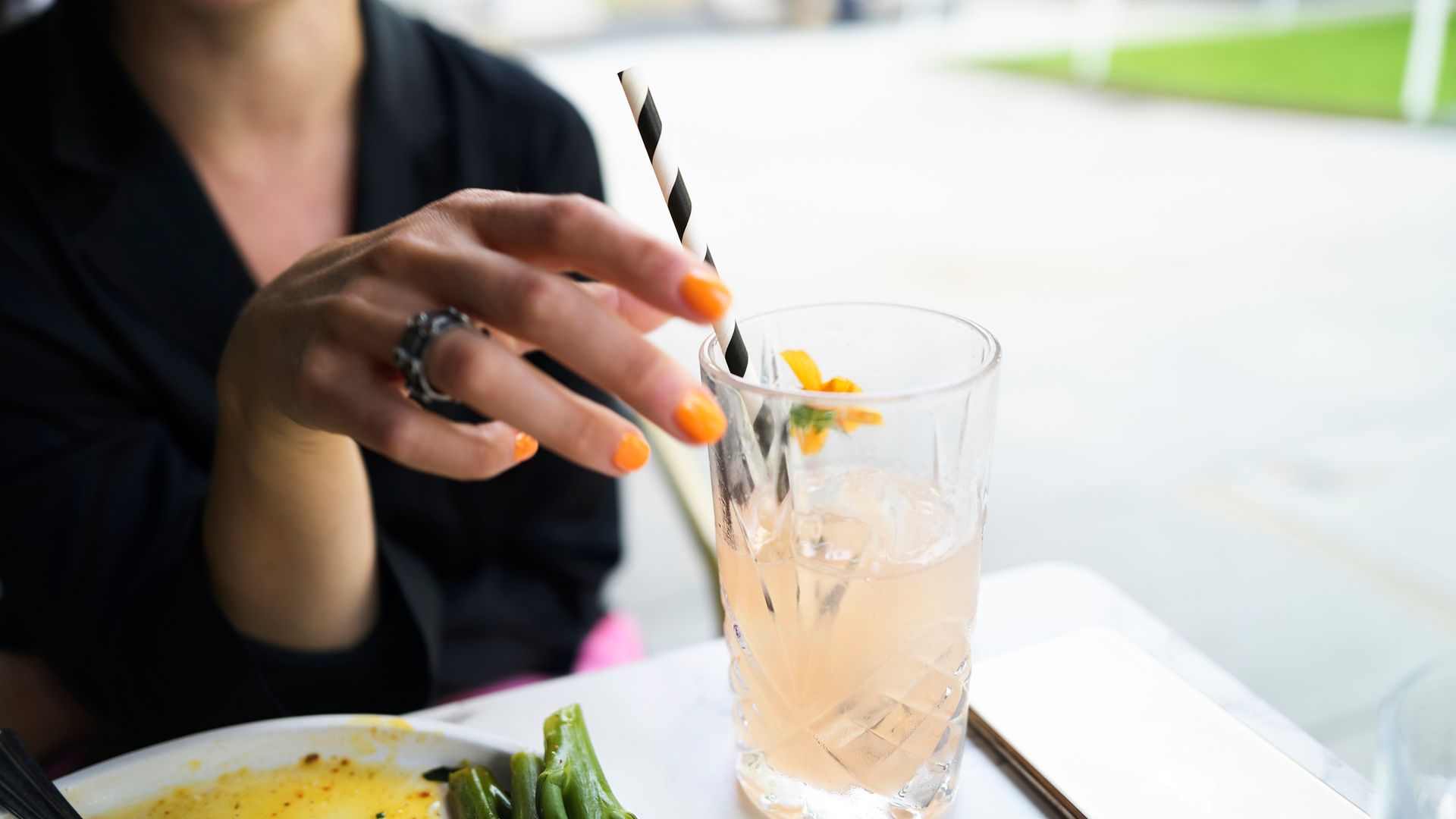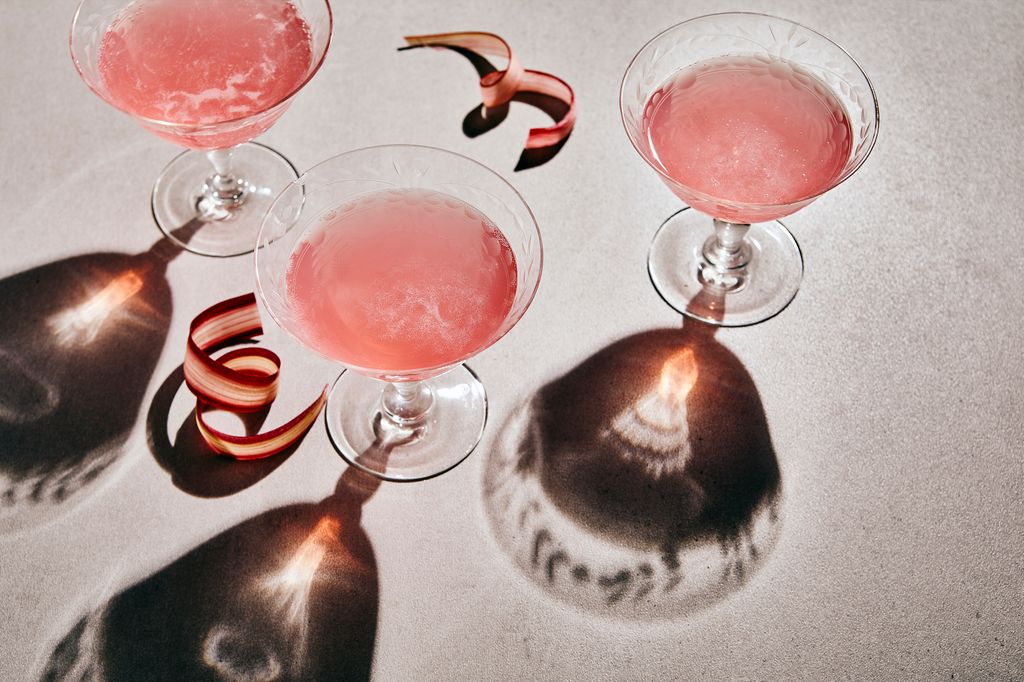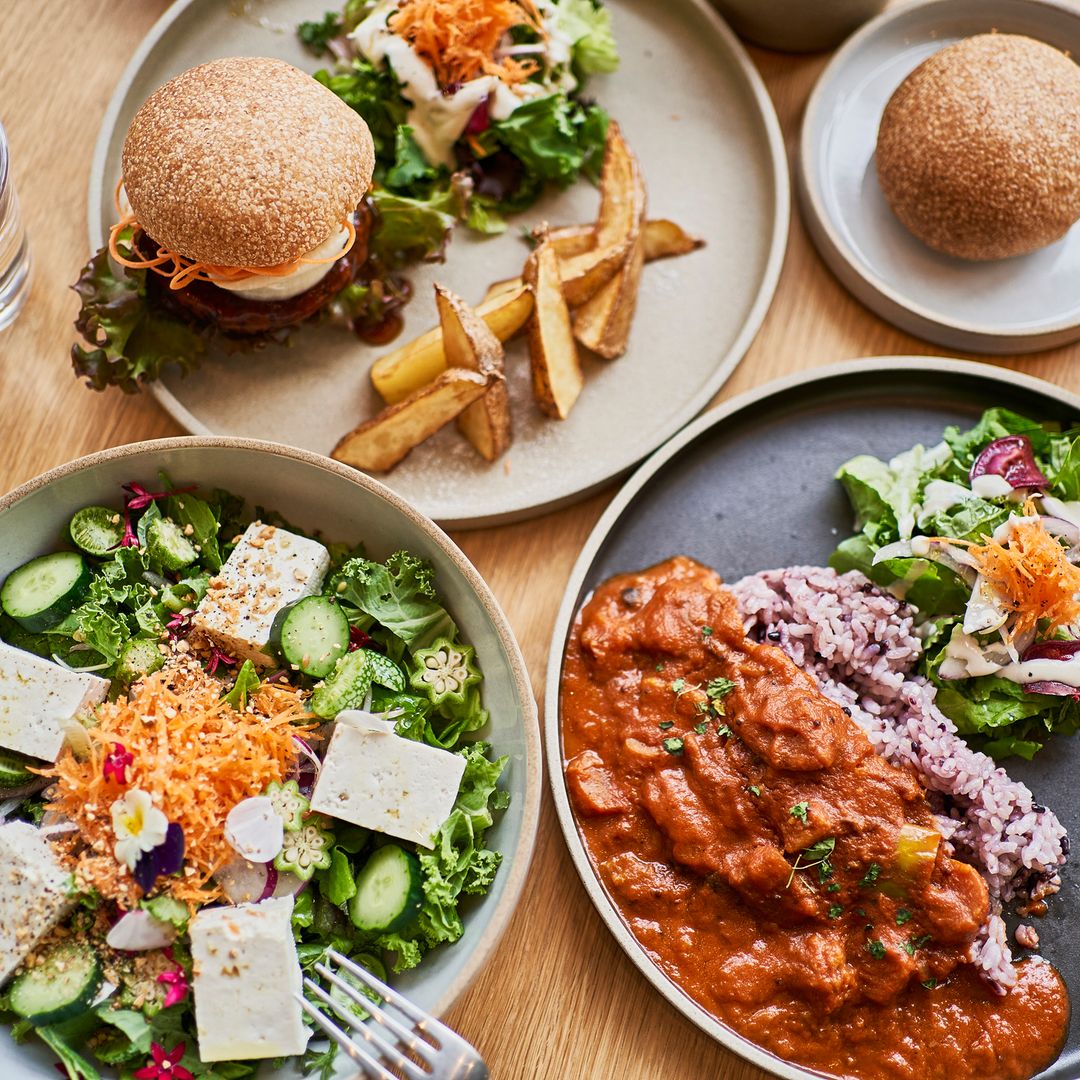We're in the midst of Dry January, and you might have found that giving up drinking is trickier than you imagined.
To help you along the way in your sober month, we spoke to people who have been there, from sobriety coach Christy Osborne to former Made in Chelsea star Spencer Matthews, who has even created his own alcohol alternative, CleanCo, to make giving up alcohol more exciting.
Read on for their expert advice on how to make Dry January easier – and enjoyable!
1. Focus on what you're gaining
"My top advice for someone doing Dry January is to focus on what you're gaining rather than missing out on," says Christy. "While alcohol may provide a temporary feeling of euphoria, it comes with a host of negative side effects, including poor sleep and increased anxiety.
"Embrace the positive changes that sobriety can bring. Focus on improved sleep, reduced stress, and genuine joy from staying alcohol-free, and use these benefits as motivation to stick with your resolution throughout the month and beyond. Remember, you're not missing out but gaining a happier, healthier you."
2. Picture the lifestyle you want
"Go into Dry January positively," says Spencer. "It's important to think about the type of lifestyle you would like and how adjusting your alcohol intake can support that vision.
"This was something that I did since I’m a very focused and determined guy and in doing this, it helped me focus on the life that I wanted and the things that I wanted to achieve.
"I pictured the relationship that I wanted with alcohol and decided that going sober worked for me – for others it might be to limit their intake – it’s individual but think about it – what do you want to achieve?"
DISCOVER: I quit alcohol for three months – here's what happened
3. Find tasty alcohol-free options
A night at the pub sinking pints of Coke or lemonade isn't particularly enticing, but if you can find an alcohol-free alternative that you love, you'll be on to a winner.
"Alcohol-free alternatives can be a real game-changer for those looking to stick to Dry January," agrees Christy, while Piers Milburn, founder of Sprigster Drinks adds: "If you can't have what you're craving, give yourself something else that feels really luxurious."
Spencer explains the joy of a tasty alcohol alternative, adding: "Non-alcoholic spirit alternatives, such as CleanCo, can provide a delicious tasting alternative to create and experience their favourite drinks, whilst still savouring the flavour and enjoying the occasion, all the while being able to wake up the next morning and conquer the day ahead."
Alcohol alternatives can come with their own benefits as Olivia Ferdi, co-founder of Trip CBD drinks explains. "At TRIP, we believe it's possible to take the edge off without reverting to our normal drinking habits. If you’re used to unwinding with a drink at the end of the day, CBD can provide the same functionality as your normal tipple, helping you have a moment of calm without the risk of a hangover the following morning."
READ: 24 of the best alcohol-free and low alcohol drinks
4. See how you're feeling without drink
When you've been alcohol-free for a few weeks, take a look at how life alcohol-free feels. That way, you can compare the two and you get to decide whether or not the alcohol is serving you.
5. Find sober activities you enjoy
If you’re worried about missing out on socialising with people through not drinking, take a look at social activities that you can do without alcohol.
Suggest different activities to your friends as they might also be interested in joining you on this and it can be a way to reframe your time together.
6. Find a sober buddy
"Things are always easier when you’re surrounded by people doing the same thing," Spencer says of the benefit of finding a friend who is also doing Dry January – they'll also help keep you accountable.
"Research shows that telling others helps us to stay committed to our goals and the marvellous support that you get throughout the month from the Dry January team more than doubles your chances of success," says Dr Tony Rao, Consultant Psychiatrist at South London and Maudsley NHS Foundation Trust
7. Don’t beat yourself up
"If you’re a regular drinker, it’s natural that some parts of the month will be tough," reassures Dr. Tony Rao. "Cravings are normal, and if you have a slip up don’t think of it as failure – it's not, it’s a learning experience. Reflect on what happened – who were you with, what happened, how did you feel?
"Dry January is about resetting your relationship with alcohol and finding out what leads to having a drink is an important part of learning how not to have a drink. Give yourself some grace and don't let one drink ruin your achievement; celebrate every drink you don’t have. Have faith in yourself and give it a go!"













